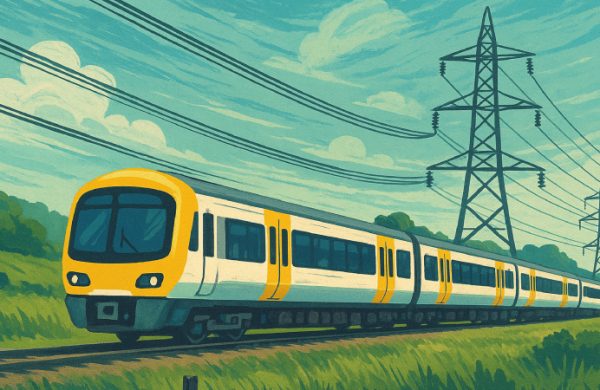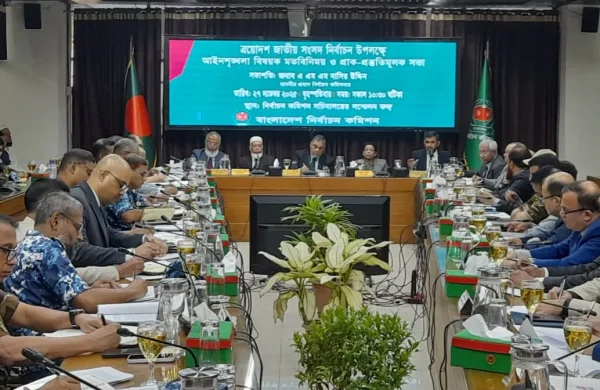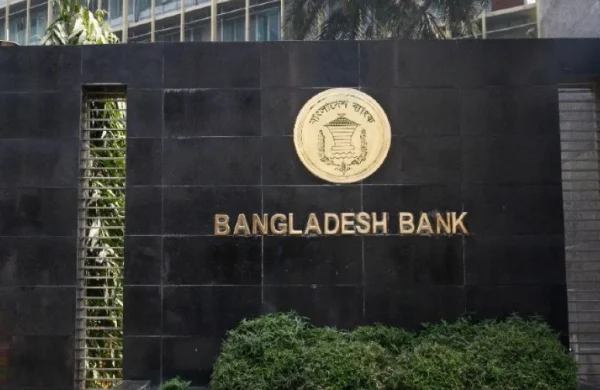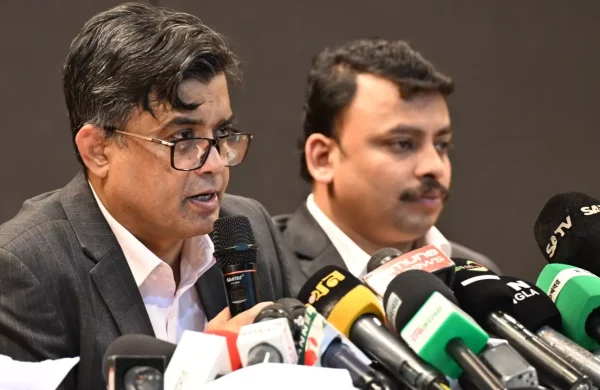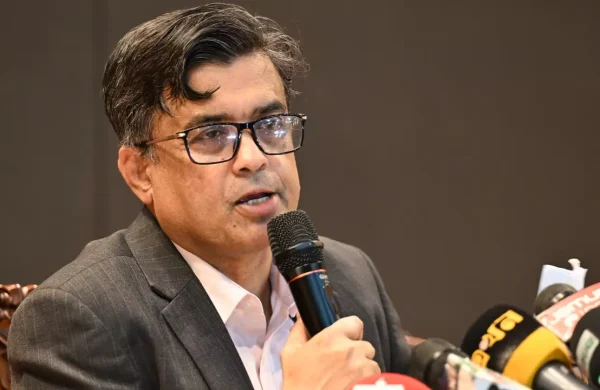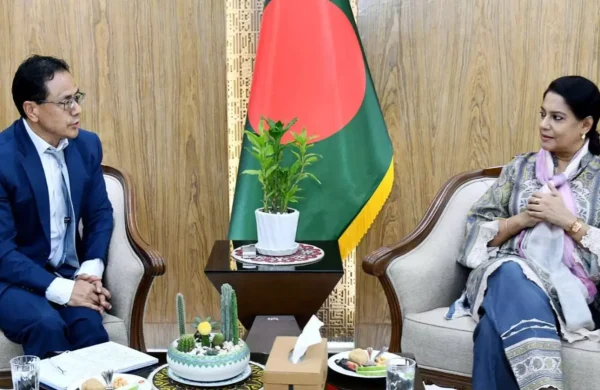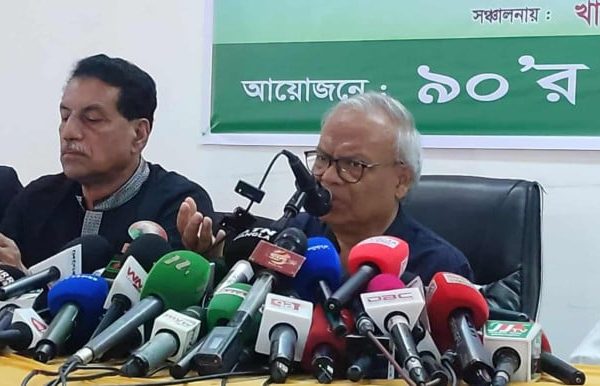Distressed assets in banking sector may have reached Tk9.5 lakh crore
- Update Time : Thursday, November 27, 2025
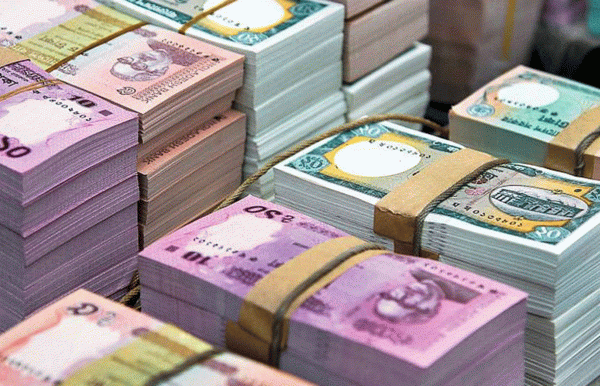
Staff Correspondent:
Distressed assets in Bangladesh’s banking sector may now amount to Tk9.5 lakh crore, including restructured, rescheduled, and bad loans, according to estimates by the Policy Research Institute (PRI).
“Non-performing loans currently stand at Tk6.4 lakh crore (almost 36%) but total distressed assets may have reached around Tk9.5 lakh crore, indicating a low asset recovery potential,” said Dr Ashikur Rahman, principal economist at PRI, while presenting the keynote paper at a programme titled “Monthly Macroeconomic Insights (MMI)” at the PRI office in Banani, Dhaka, on Thursday (27 November).
He said high NPLs create risks of a credit crunch and weaken investment. “At least 16 banks have become incapable of issuing new loans, leading to lower investment, rising unemployment, and slower development — ultimately dragging down GDP growth.”
He highlighted four major consequences of failing to manage high NPLs in the banking sector, which is high interest rates, high inflation, low growth, and low investment.
‘MANY TAKING LOANS JUST TO REPAY OTHER LOANS’
Anwar-Ul-Alam Chowdhury Parvez, president of the Bangladesh Chamber of Industries (BCI), has said that bank lending to the private sector has dropped sharply.
“Despite that, those who are taking loans now are doing so only to repay their other bank loans, so that those loans do not become substandard,” he noted.
“The economy is bleeding. Is the government listening? Unfortunately, they don’t care about the business community,” he said at the programme.
Private-sector credit growth fell below 7% between June and August — the lowest in 22 years.
He pointed out that this slowdown in private-sector credit and the rise in non-performing loans (NPLs) pose a serious threat to the economy.
According to the government’s latest data, NPLs in the banking sector stood at Tk 6.44 lakh crore as of last September. However, Parvez believes the actual NPL figure will rise further, for which he holds government policies responsible.
Previously, borrowers were given six months to reschedule loans, but from next March the time limit is being reduced to three months. Parvez, a former BGMEA president, said this policy will cause NPLs to increase.
Opposing the notion that businesses are solely responsible for the rise in NPLs, he said, “Energy prices have been repeatedly increased with promises of better supply. That did not happen. As a result, production in gas-based industries has fallen to 40%. Is this the private sector’s fault?”
He further noted that the National Board of Revenue’s (NBR) new target of an additional Tk 55,000 crore in revenue will add pressure on businesses. “We fear more pressure is coming again. It will come in the name of Tax Deducted increasing the cost of production,” he said.
“WHY SUCH A RUSH?” HE ASKED.
He also said that the so-called NBR reforms have made the agency’s situation worse than before.
The programme was moderated by PRI Chairman Dr Zaidi Sattar and attended by business leaders, economists, and other participants.



